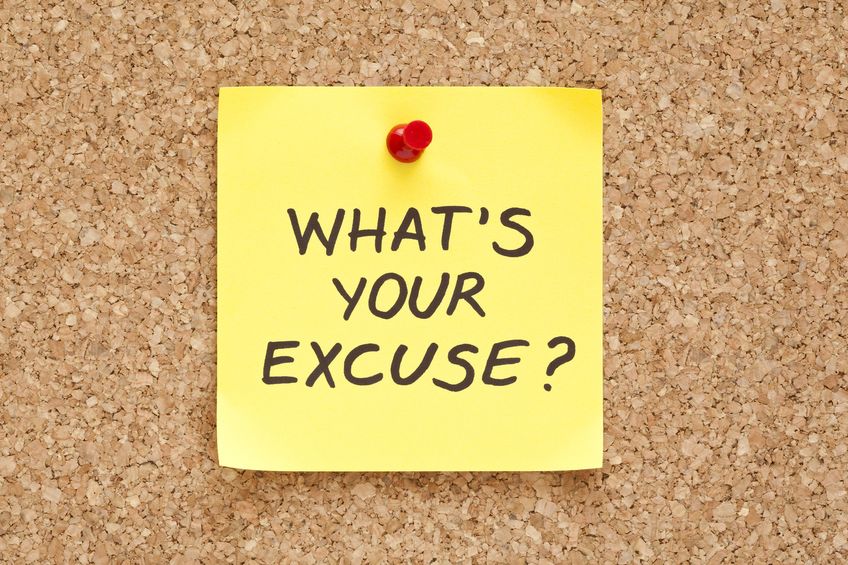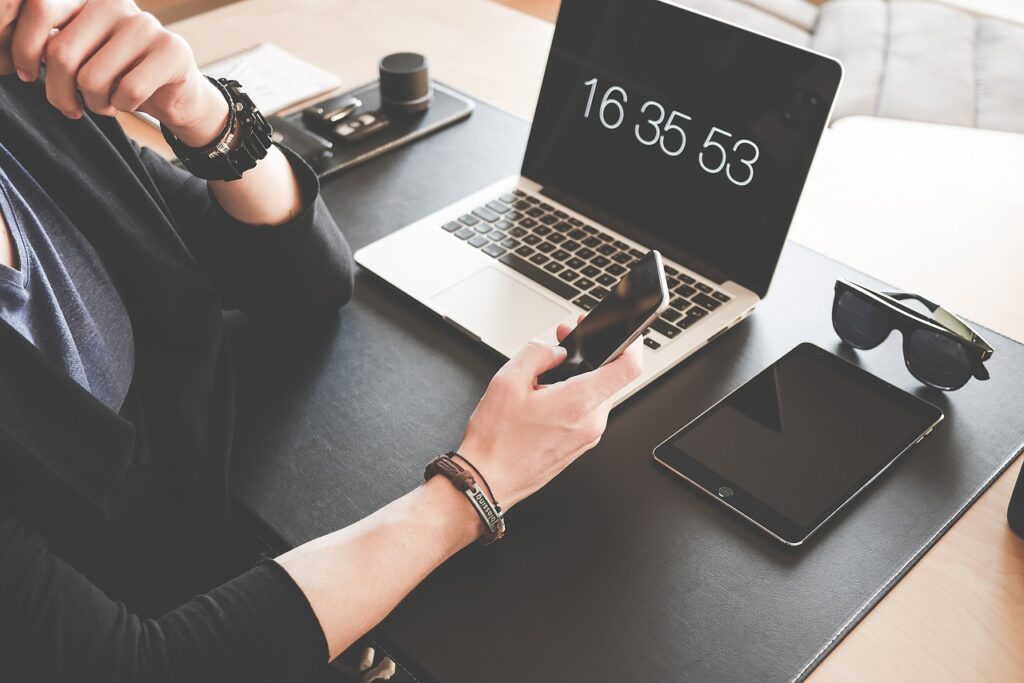Note: This post has been updated and incorporated into 10 Ways to Be a Better Learner – an essential read for the serious lifelong learner.
I’m rounding third and heading for home with the “Be a Better Learner” series. This installment aligns well with my previous posts on setting goals and deliberate practice: both of those learning habits call for accountability.
Too often we set out to learn something, but don’t really hold ourselves to it. Here are three straightforward ways to make sure you hold yourself accountable for learning:
1. Declare Yourself
Bring some productive social pressure to bear on your learning by telling friends, family members, or colleagues what you plan to do. Or, if you prefer, use a free service like 43 Things (though, as noted in my earlier post on setting goals, I would strongly encourage you not to pursue 43 learning goals at one time!). Even better than simply declaring, report to these people regularly on your progress. Right now, for example, a group of colleagues and I are working towards individual goals that we want to achieve by Labor Day. Each of us e-mails a brief weekly “scoreboard” to the others at the beginning of the week as a way of staying focused on our goals and moving forward on them. (For more on the “scoreboard” concept, see the video I posted in What are your wildly important learning goals?)
Declaring yourself, by the way, can also be a useful technique in cultivating your learning network.
2. Test Yourself
If you want to move something into long-term memory few methods are more straightforward and effective than testing yourself regularly during the process of learning. When I am trying to memorize a poem, for example, I read it through a few times and them make myself try to repeat as much of it as possible from memory. In learning theory-speak, this process is called “retrieval,” and you do much the same thing when you use flash cards to test your memory of new vocabulary, or force yourself to re-state the key points from a lecture or article in your own words (a practice I also suggested in my post on note-taking). If you want to get fancy, there are any number of tools on the Web for creating flash cards or putting together quizzes and tests.
If you would like a more in-depth, research-based discussion of this topic, I recommend Using Testing to Improve Learning and Memory.
3. Teach It
Teaching combines the benefits of declaring yourself and testing yourself. No matter what method you use, when you commit to teach something, you make yourself accountable to those seeking to learn from you. And the process of preparing to teach effectively – not to mention the actual act of teaching – requires “retrieval” similar to what testing requires. As a bonus, you get the personal satisfaction of helping others to learn. These days, the opportunities to teach others are myriad. Simply posting to a blog, or sharing your knowledge and experience in a social networks like Facebook or LinkedIn are informal forms of teaching. Or, if you want to be a bit more formal, post an instructional video to YouTube, or take advantage of sites like Udemy or WizIQ. The possibilities for teaching – and learning – are endless.
Those are my suggestions. What are some of the ways you hold yourself accountable for learning? Please comment and share.
Jeff
P.S. – Here are links to the other posts in this series:
- 10 Ways to Be a Better Learner: No. 1 – Growth Mindset
- 10 Ways to Be a Better Learner: No. 2 – Cultivate Your Network
- 10 Ways to Be a Better Learner: No. 3 – Ask Questions
- 10 Ways to Be a Better Learner: No. 4 – Be an Active Note Taker
- 10 Ways to Be a Better Learner: No. 5 – Set and Manage Goals
- 10 Ways to Be a Better Learner: No. 6 – Practice Deliberately
And, of course, if you haven’t already, I’d be grateful if you would subscribe to Mission to Learn by RSS.






Have confidence and a positive attitude as well. Good list though.